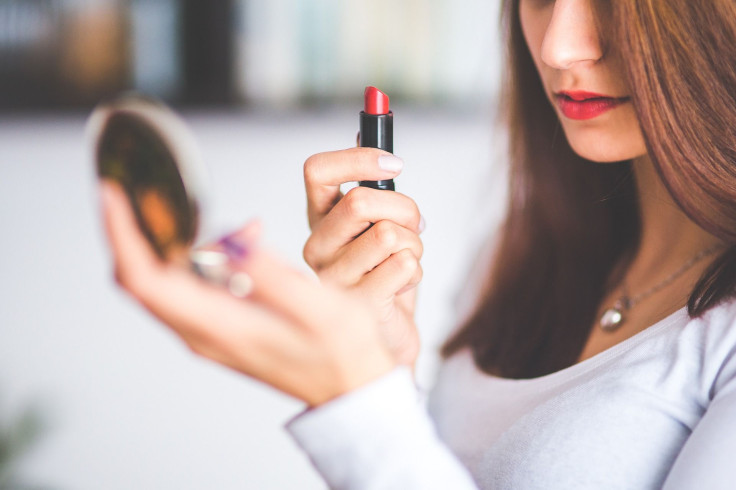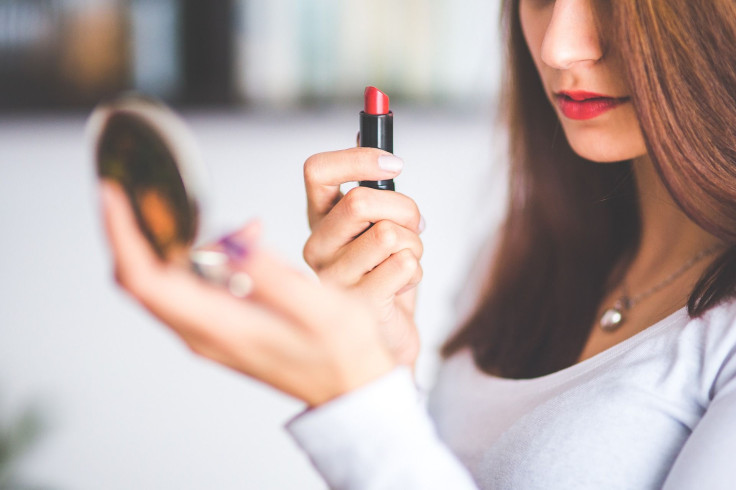Early Sexualization Fears: How Young Girls And Their Parents Can Protect Innocence

Young girls are being inundated by sexualizing messages reinforced through television, movies, and the omnipresent force of social media platforms. Protecting children, especially girls who are overtly sexualized from childhood, can be difficult when teens and preteens are naturally drawn toward the glamour of fitting in with other kids. But according to the American Psychological Association (APA), there are ways to help kids find a healthy social standing and maintain personal identity while not having to sacrifice dignity.
Girls are repeatedly taught what they should look like, which distracts them from focusing on more important things like school and extracurricular activities. The APA recommends girls should do what makes them feel comfortable, including wearing clothing that makes them feel at ease. If clothes take too much time to check and readjust, they'll end up making them less confident in the end.
Parents can lead by example by not focusing on clothing and what their daughters look like. Girls who hyperfocus on their appearance may believe there’s more worth in how sexy they look as opposed to how smart or accomplished they are.

Social media users, like those on Instagram, often portray teens and young women in kissy selfie poses and intentionally erotic angles. The app is readily accessible to children of all ages, which is why focusing on improving a child’s values is more effective than limiting their access to social media. Even products targeted towards children are found to promote sexualization of kids as young as six years old. The APA found dolls such as Bratz are sold wearing belly-baring shirts, low-riding jeans, thong underwear, and a full face of makeup. Redirecting a child’s focus towards other traits may help steer her away from feeding into the industry’s misdirection of sex as a valuable commodity.
"Is it really the power to be a sexual being in the world?" psychologist Sharon Lamb, told the APA. "Or just power to get boys to look at you and like you? Because these sexy images are sold as a kind of girl power, many girls don't realize that this kind of power is not the kind that will help them to be successful, happy adults.”



























